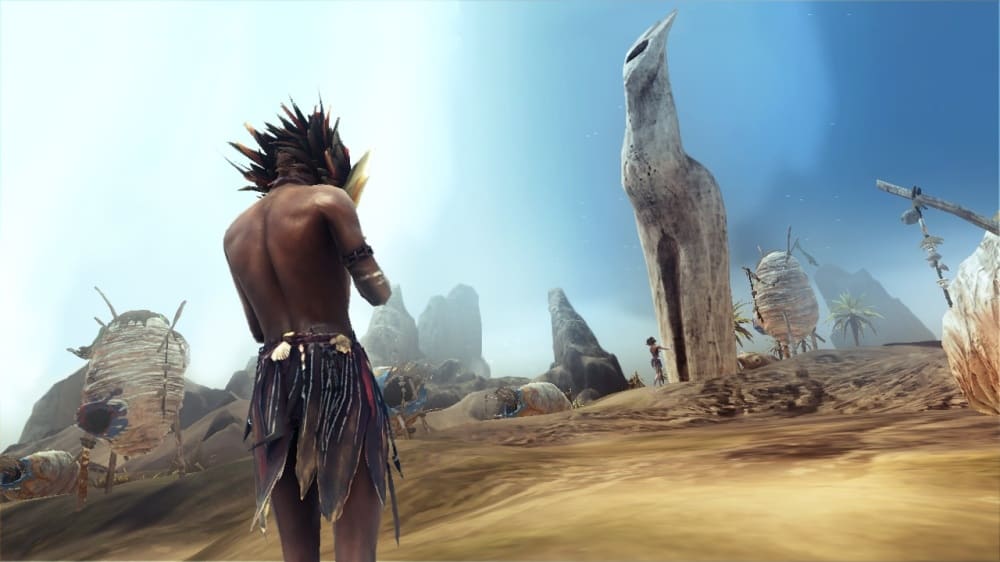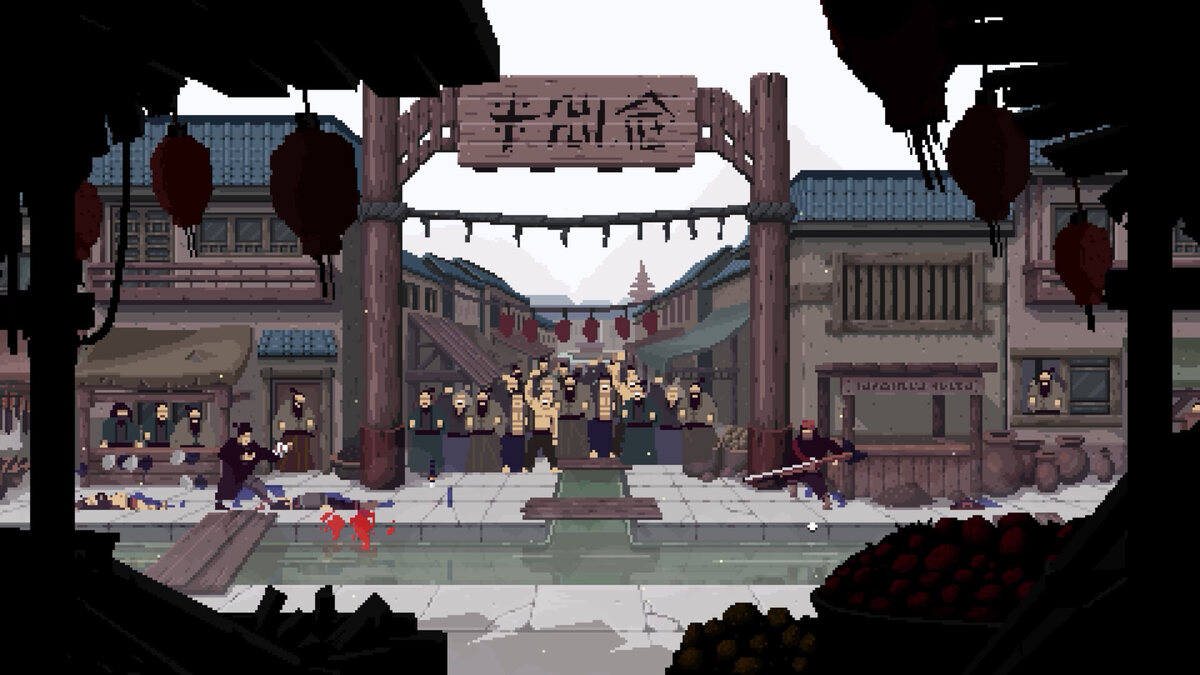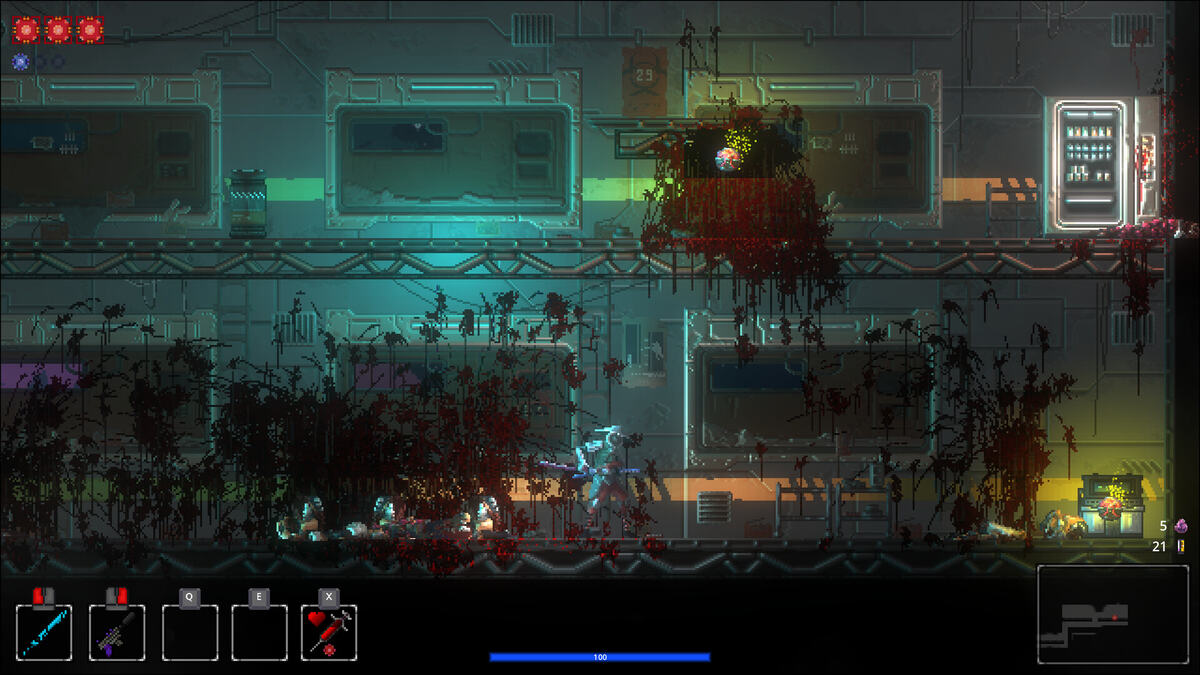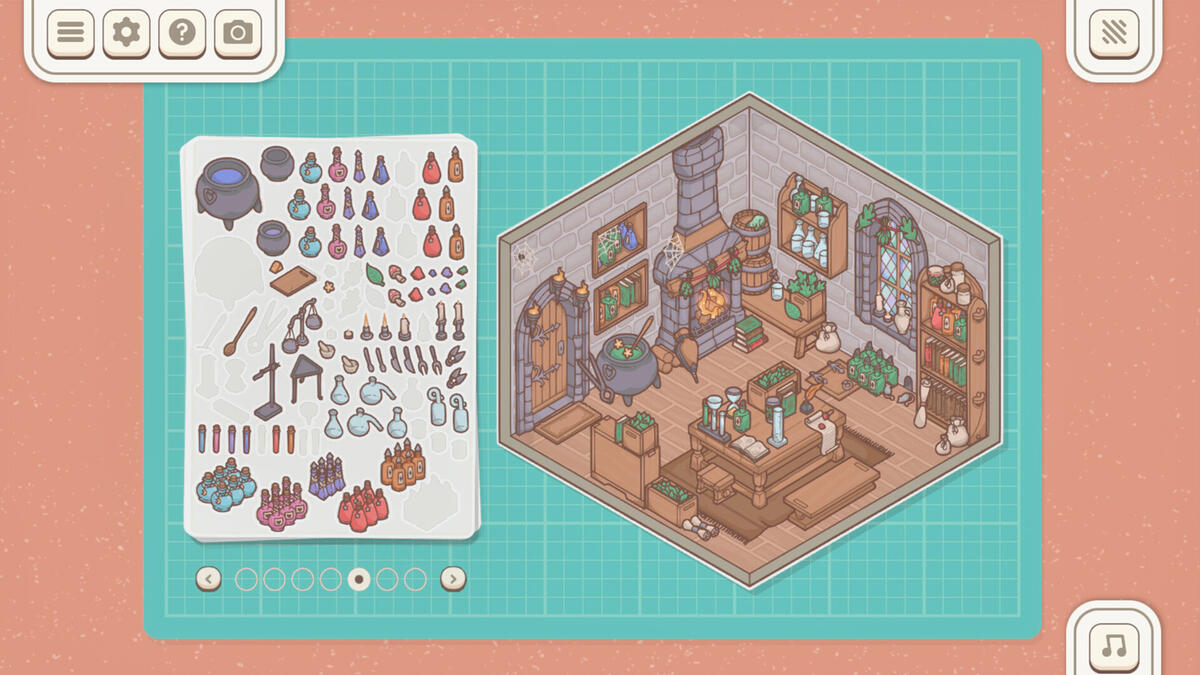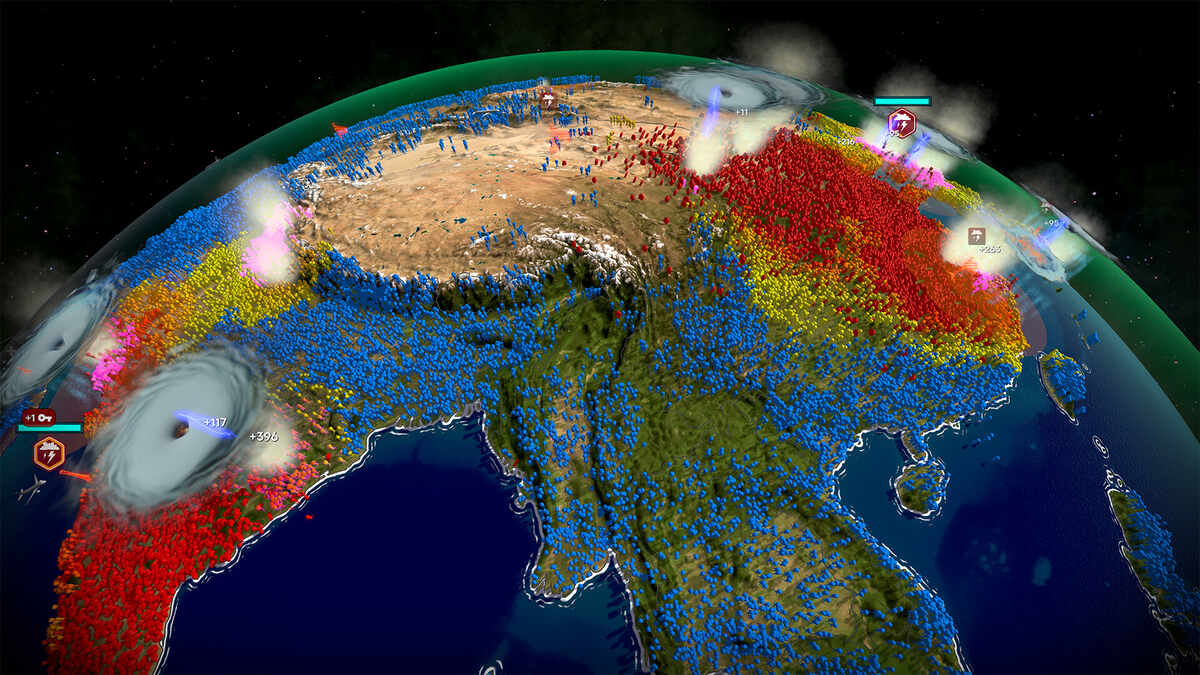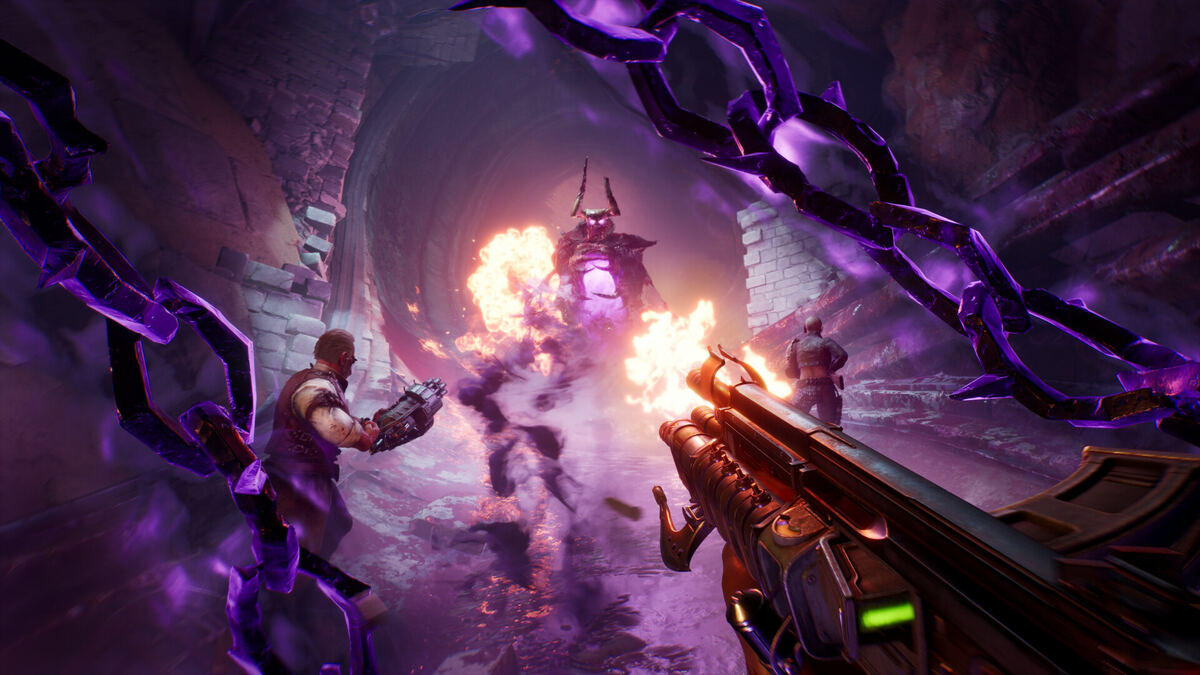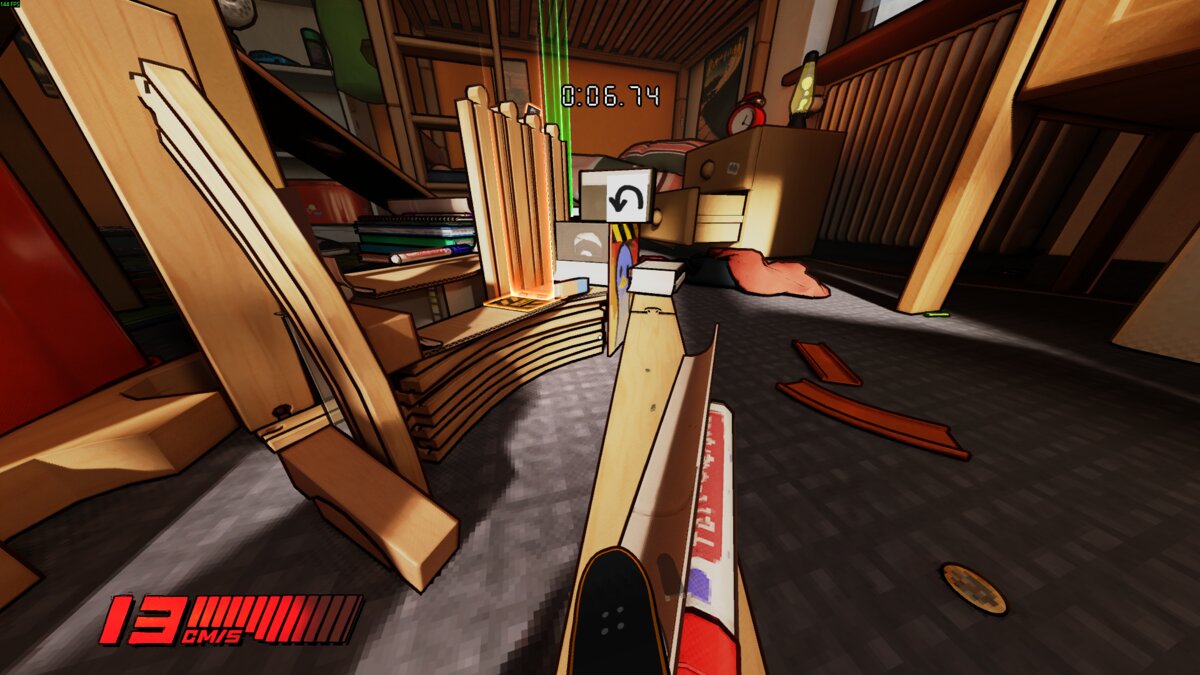You can trust VideoGamer. Our team of gaming experts spend hours testing and reviewing the latest games, to ensure you're reading the most comprehensive guide possible. Rest assured, all imagery and advice is unique and original. Check out how we test and review games here
At a time in the industry when it was more common for one man to single-handedly design a game and sell close to a million copies Eric Chahi was making what today is considered one of the most memorable, if not one of the best, platformers of the early ’90s: Another World. But twenty years on most retro gaming fans have filed him under Where Are They Now – after working on another cinematic platformer, Heart of Darkness, in the late ’90s he essentially disappeared from the development scene.
Where has he been? Travelling, he says. And it was only after visiting to an active volcano that he was drawn back to games. Seeing how it functioned as both a creative force – its lava changing the environment and forming new terrain – as well as a destructive one was the inspiration for From Dust, his procedural God Game about relating to the natural world.
In his presentation Chahi describes the game in terms of its mystery, which is appropriate enough when the result has a faint Lost-meets-2001’s-Obelisk flavour. This is a world where the only obvious sign of humanity is a small group of masked tribesman travelling across a series of desert islands. As the game’s omniscient force your job is to guide the tribe across these islands and through passageways that lead to unexplored areas of the world. Even its introductory cutscene – a slow zoom into what looks like a magic doorway – feeds into what seems to be a supernatural subplot.
The tribe themselves offer another question mark. Collectively the group has lost its memory and is trying to regain it by exploring, setting up villages across the area, and interacting with nature using tribal rituals. There are a few landmarks that hint at a previously lost civilisation – possibly their own. Old relics and totems litter the map, clicking on them sends your tribe jogging in their direction. Once they reach the totem the group begins playing music, which unlocks lost abilities to help them interact with the environment.
But beyond the vague mystical backstory From Dust is a multi-platform love letter to the natural world. In fact the leading character of this story is nature more often than it is the player, an interesting shift for a God Game. It’s nature who’s aggressive, who’s persistently changing, who will set fire to your palm trees if you let lava spill on the wrong oasis. Your abilities are more defensive and indirect. Your deity powers let you interact with the tribe by transforming nearby sand, lava or water into mobile spheres that can be moved throughout the island all for the benefit of the tribe. But generally speaking even that power is only really used in reaction to the punches nature throws at you.
The second chapter, The Roar of the Sea, gives you a 3-minute time limit to track down a particular relic to repel an incoming tsunami before it hits. The treasure can be found on a nearby plot of land that’s just out of reach thanks to natural impasses snaking through the area, like a river you can get across by pick up a cubic tonne of sand and sprinkling it across to form a makeshift bridge.
The world of From Dust changes continuously – what was a desert one minute will be flooded the next if you divert some nearby water cleverly enough; what was once volcanic piles of rock are habitats for palm trees and animals with enough dirt at your disposal; and against a fully raging torrent your pitiful sand bridge will be strewn across the riverbed like a ship made of towels.
Unlucky tribespeople who made it halfway across the bridge before it flooded are carried down the river like it’s a Slip ‘n’ Slide of horrors, and that’s before you remember you only have two minutes left on the clock to collect the relic and return to the rest of your people. Depending on timing you’ve either saved the tribe or faced a shameful Game Over.
Even with an impressively complex ecosystem to work with, it’s a shame From Dust doesn’t offer the moral complexities of Black & White, the God Game that let you choose when to intervene and when to look the other way. But From Dust is more about finding a place within nature than exploring morality. Players are forced to learn how to work within a continuously changing ecosystem, likely something Chahi took away from his own trip. There’s a faint whiff of hippie pride in that message, so take it as you will, but it’s likely what will give this game its own identity in the genre.
From Dust
- Platform(s): PC, PlayStation 3, Xbox 360
- Genre(s): Adventure, Simulation, Strategy
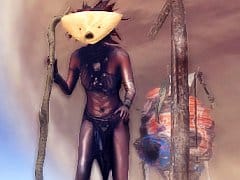
/https://oimg.videogamer.com/images/1b92/project_dust_2.jpg)
